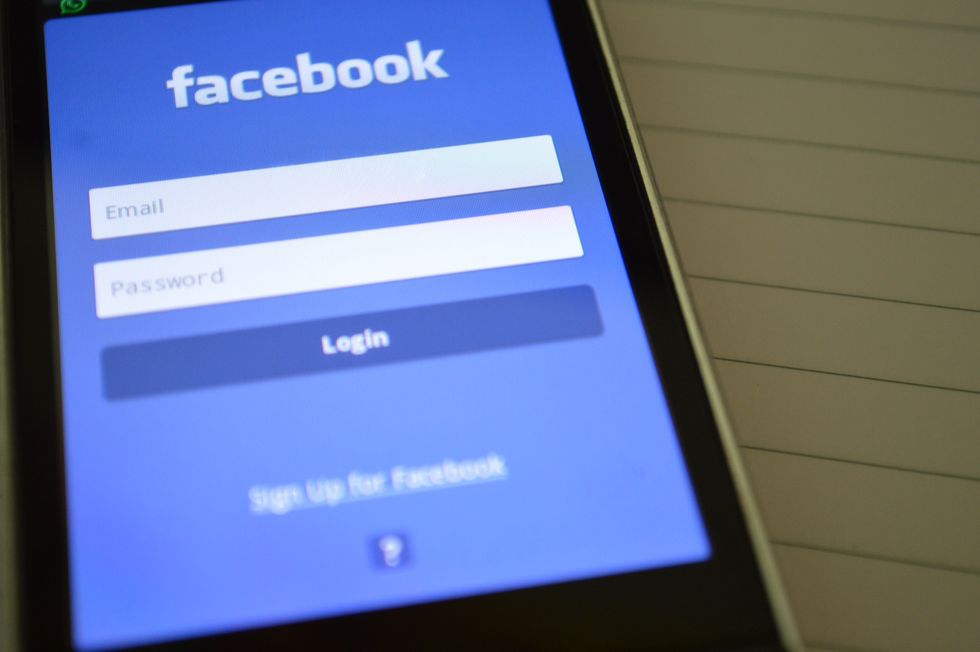I pulled out my phone on my walk home from class on Monday and I saw notifications for these two pieces of news. Both technology-related, the stories demonstrate just how advanced the technology industry has become, and give us a glimpse into the types of news stories we will continue to read in the future.
1. Uber’s self-driving car
This past Sunday night, a self-driving Uber car hit and killed a pedestrian in Tempe, Arizona. The woman hit, 49-year-old Elaine Herzberg, was said to be walking her bike across the street when she was struck by the vehicle. She later died in the hospital of her injuries. This is believed to be the first pedestrian fatality involving a fully autonomous car.
Uber responded to the incident and has stopped testing their self-driving vehicles throughout the United States--for now. Despite the incident, news about fully autonomous vehicles won’t stop flooding our newsfeed. Rather, it will, most likely, increase. It isn’t just Uber testing self-driving cars, but also Google’s Waymo and companies such as GM and Intel. These companies are marking 2020 as the year of the autonomous vehicle takeover, as experts predict there will be 10 million self-driving cars on the road by 2020.
But we aren’t there yet. As New York Times reporter Daisuke Wakabayashi put it, “The accident was a reminder that self-driving technology is still in the experimental stage, and governments are still trying to figure out how to regulate it.”
2. Facebook and Cambridge Analytica's data scandal
We create 2.5 quintillion bytes of data each day. According to a report from IBM, 90% of the data in the world today has been created in the last two years alone. This quintillion bytes of data impacts and potentially endangers companies and consumers. This weekend, a data scandal was reported to involve Facebook and data-mining firm Cambridge Analytica. It cites the misuse of millions of users' private information.
"The New York Times" and Britain’s "The Observer" revealed Saturday that Cambridge Analytica got ahold of more than 50 million Facebook users’ profiles, exploiting data from the profiles as well as those of the users’ friends, all with the aim to craft ads and messages for Trump’s 2016 presidential campaign.
There are two main reasons this scandal has been heightened and become a large concern: 1) Cambridge Analytica exploited the Facebook data to identify individual American voters and come up with ways to influence their behavior, and 2) Facebook did not disclose to users that their personal data was being used in this way. This scandal has left Facebook users wondering about the safety of what they share on their profiles and brings into question the legal and ethical matters of data mining. With the amount of data that is out there today, there is no question that we will continue to see problems and scandals arise pertaining to the control of this data.
The world of technology is changing before our eyes. Just reading this week’s headlines attests to this. With all of this new technology comes both opportunity and potential danger and misuse. However, no matter which direction it goes, I have no doubt that we will continue to see technology stories like these fill our newsfeeds.











































